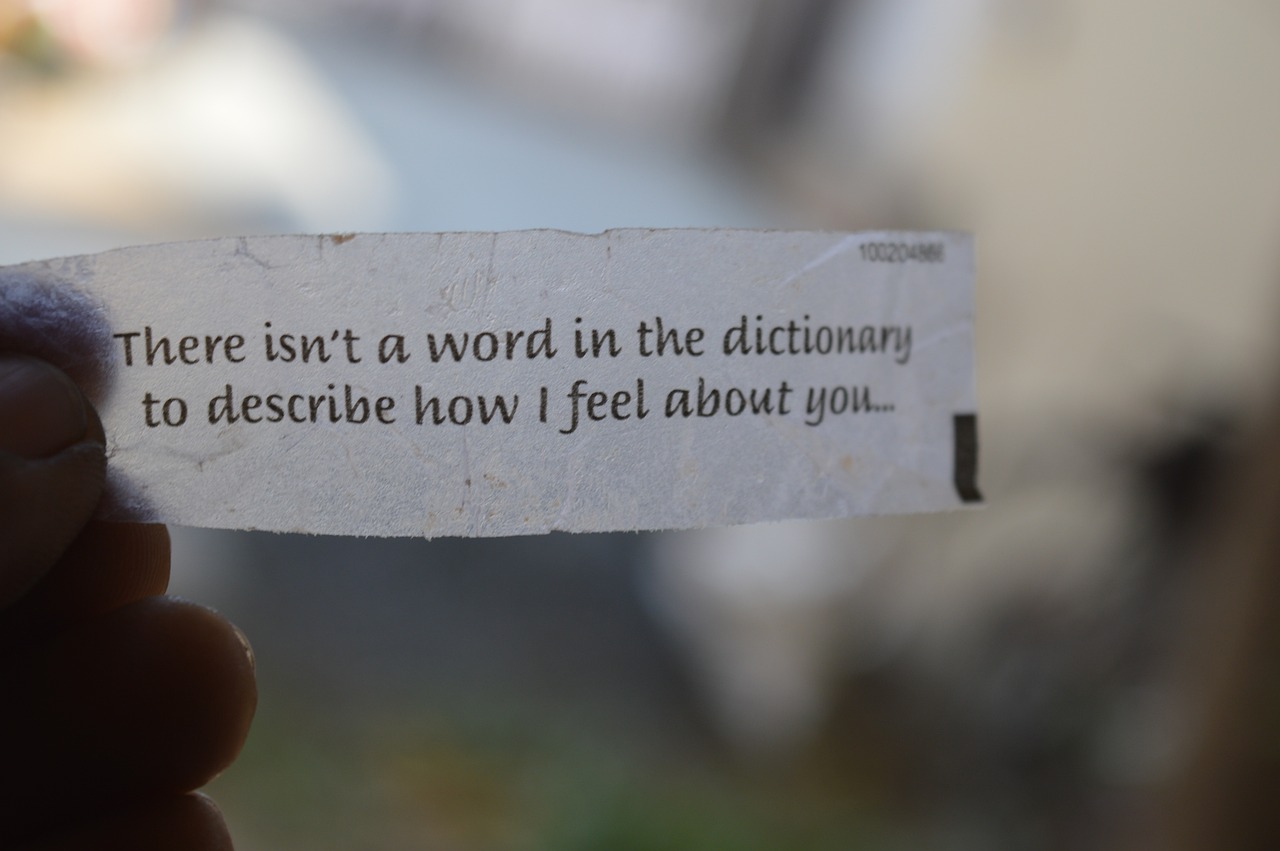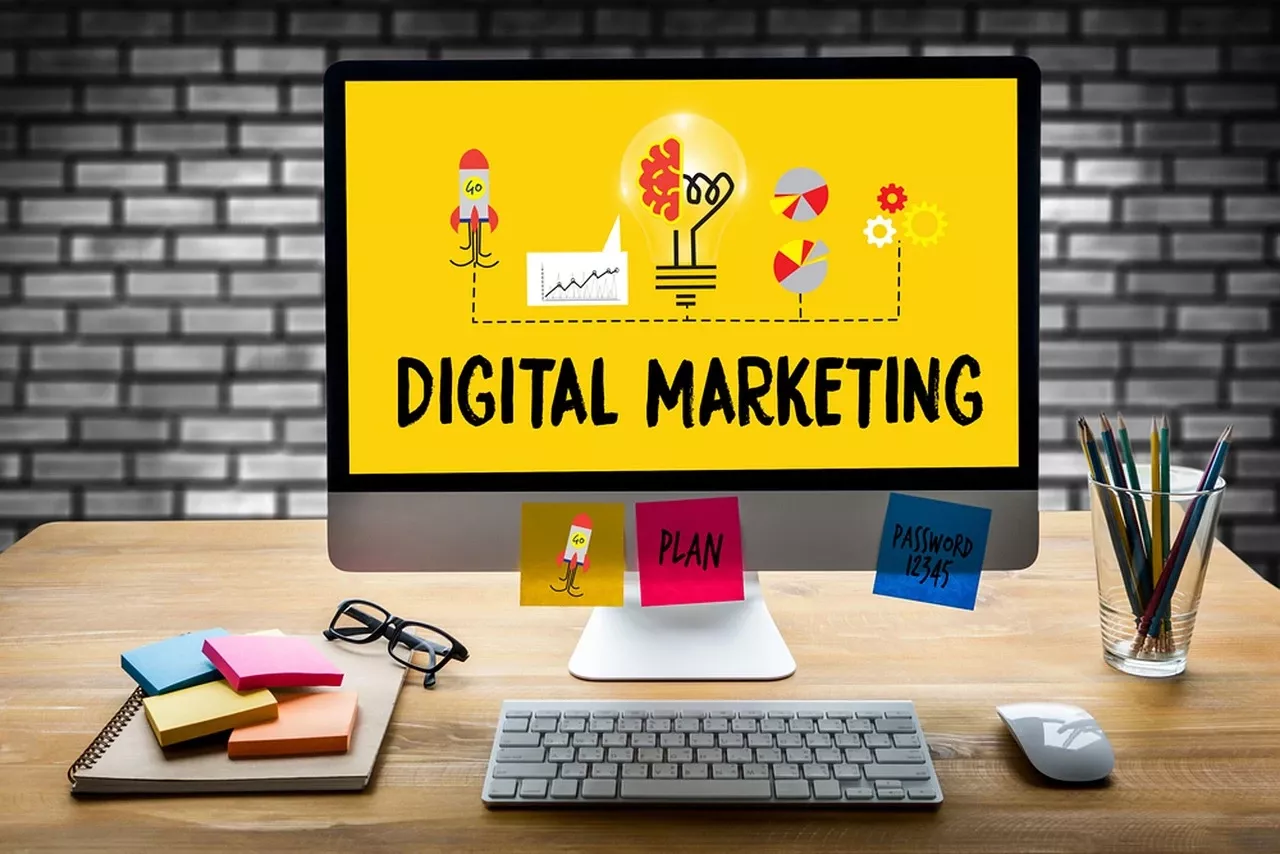Your Guide to 40 of the Most Common Internet Slang Terms

If you’ve spent any time on the internet, you’ll have realized that it has its own lexicon. Whether you are instant messaging someone or just reading blogs, there is an ever-growing amount of digital slang being used. At first, internet slang can be quite confusing, but there isn’t really much to it. To help you, we’ve produced this guide to 40 prominent internet slang terms that will help you decode the digital world.
Most Common Internet Slang
1. LOL (Laugh Out Loud)2. FYI (For Your Information)3. LMK (Let Me Know)4. FOMO (Fear Of Missing Out)5. GOAT (Greatest Of All Time)
Acronyms
Acronyms are the most common form of internet slang.
They came about as people looked for fast ways to express emotions that are not always immediately apparent without tone of voice and body language.

Here are 20 of the most common internet acronyms.
LOL (Laugh Out Loud)
Used to indicate that something is funny. It’s one of the most common internet acronyms.
Example: “That joke was hilarious, LOL!”
OMG (Oh My God)
Expresses surprise or shock. Commonly used in text messages and social media posts.
Example: “OMG, I can’t believe you did that!”
BRB (Be Right Back)
Used when someone needs to step away from their computer or device but plans to return shortly.
Example: “Brb, gonna go grab a snack.”
BTW (By The Way)
Introduces a new topic or adds information to a conversation.
Example:“Oh, btw, are we hanging out on Saturday?”
IDK (I Don’t Know)
A quick way to express uncertainty or lack of knowledge about a topic.
Example:“IDK what the answer is.”
FYI (For Your Information)
Shares information that might be useful or interesting to the recipient.
Example:“FYI, my car’s in the shop this week, so I can’t give you a ride.”
SMH (Shaking My Head)
Indicates disbelief or disapproval of something.
Example: “He did that again? SMH.”
IMO/IMHO (In My Opinion/In My Humble Opinion)
Prefaces a personal viewpoint or opinion.
Example: “IMO, yellow just isn’t an appealing color.”
TBH (To Be Honest)
Introduces a candid or sincere statement.
Example: “TBH, I’m not really much of a cat person.”
TTYL (Talk To You Later)
Sign-off used to indicate the end of a conversation with the intent to talk again soon.
Example: “Gtg, TTYL.”'
Video: Essential Gen Z Slang to Understand Native English Speakers (2023 internet slang)
BC (Because)
A shorthand way to explain reasons.
Example: “I’m gonna stay home today bc I’m not feeling great.”
DM (Direct Message)
Can be a noun or a verb, used for private messaging.
Example: “Don’t post it on social media, just DM me about it.”
GTG (Got To Go)
Indicates needing to leave or end a conversation.
Example: “Gtg, I’ll talk to you later.”
IRL (In Real Life)
Differentiates online interactions from those that occur in person.
Example: “We’ve played a lot of games together online, but we’ve never met IRL.”
IYKYK (If You Know, You Know)
Refers to experiences or jokes shared by certain people.
Example: “Getting checked out of school early is the best feeling as a kid. #iykyk”
LMK (Let Me Know)
Asks someone to inform you.
Example: “No rush, just lmk whenever you make a decision.”
NBD (No Big Deal)
Downplays the importance of something.
Example: “Do you want me to do that for you instead?” “Nah, it’s NBD.”
NGL (Not Gonna Lie)
Adds emphasis to a statement.
Example: “NGL, I didn’t really enjoy that book.”
NSFW (Not Safe For Work)
Indicates something inappropriate or graphic.
Example: “It’s a funny video, but it’s a little NSFW, so don’t watch it with your kids.”
OfC (Of Course)
Used to affirm something.
Example: “I’ve heard the party wasn’t very fun, but ofc I don’t know since I wasn’t there.”
Phrases
Not all internet slang comes in the form of acronyms. There are a number of phrases that you are likely to come across online that can be quite hard to understand, especially if you are not part of Gen Z.

Most of these phrases are also used in speech, so it is worth taking the time to understand them.
Throwing Shade
Means to make a subtle or not-so-subtle critical remark about someone.
Example: “When he kept emphasizing personal hygiene, he was obviously throwing shade at Dave.”
On Fleek
Describes something that is perfectly done or looking great.
Example: “Her outfit is on fleek.”
Ghosting
The act of suddenly ending all communication with someone without explanation.
Example: “I tried to text her, but she just ghosted me, so I gave up.”
Bae
Short for “before anyone else,” used to refer to a significant other.
Example: “She’s my bae.”
FOMO (Fear Of Missing Out)
The anxiety that an exciting or interesting event may currently be happening elsewhere.
Example: “I couldn’t make it to the party and now I have serious FOMO.”
Salty
Being upset or bitter, often over something minor.
Example: “She’s still salty about the game last night.”
Tea
Refers to gossip or personal information.
Example: “Spill the tea, what happened at the party?”
Flex
To show off or boast about something.
Example: “She’s really flexing on them with her new car.”
Clap Back
A quick, sharp response to criticism or insult.
Example: “She had the perfect clap back for his rude comment.”
Thirsty
Describes someone who is overly eager for attention, particularly from the opposite sex.
Example: “He’s so thirsty, always posting selfies.”
Cap (or No Cap)
A lie or “no lie” for no cap.
Example: “He said that? Nah, man, that’s cap.”
Caught in 4K
Caught red-handed, often in reference to a photo or video.
Example: “Bro got caught in 4K.”
Cringey (or Cringe)
Embarrassing or awkward.
Example: “Thinking back on my high school self is so cringey.”
Dead
Overwhelmed with laughter.
Example: “Dude, I’m dead. That’s so funny.”
Fam
Family, including friends considered close like family.
Example: “Hey fam, what’s up?”
Fire
Extremely good, often in reference to something like music or food.
Example: “The latest single is straight fire.”
GOAT (Greatest Of All Time)
The best ever, used like a regular word.
Example: “You’re the goat.”
Video: G.O.A.T. (Slang Word) What does it mean?
Gucci
Good, usually in reference to how someone is doing.
Example: “It’s all Gucci.”
Highkey
Extremely, definitely.
Example: “I highkey want to visit Europe.”
Lowkey
Kinda or to indicate discretion.
Example: “Lowkey, I kinda wish she hadn’t come.”
Staying with the Times
Staying up to date with internet slang is vital if you want to remain relevant to a broad demographic in today’s digital landscape. These terms evolve rapidly, reflecting changes in culture and communication styles. Whether you’re engaging on social media or in online communities, understanding these terms can enhance your interactions and keep you connected with current trends.
Remember, internet slang isn’t just about words; it’s about understanding the context and nuances of modern digital communication. Keep this guide handy and stay fluent in the language of the internet.
By familiarizing yourself with these terms, you not only keep up with the trends but also engage more effectively in online conversations. Hitsearch is here to help you navigate the ever-changing digital world with ease and confidence.
 5 Free Digital Marketing Courses to Study in 2025
5 Free Digital Marketing Courses to Study in 2025 12 Content Marketing Trends to Maximize Revenue in 2024
12 Content Marketing Trends to Maximize Revenue in 2024 12 Tips for Writing Awesome Website Content
12 Tips for Writing Awesome Website Content